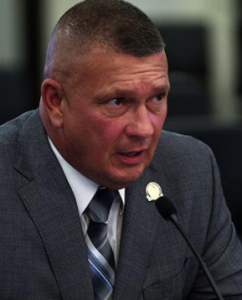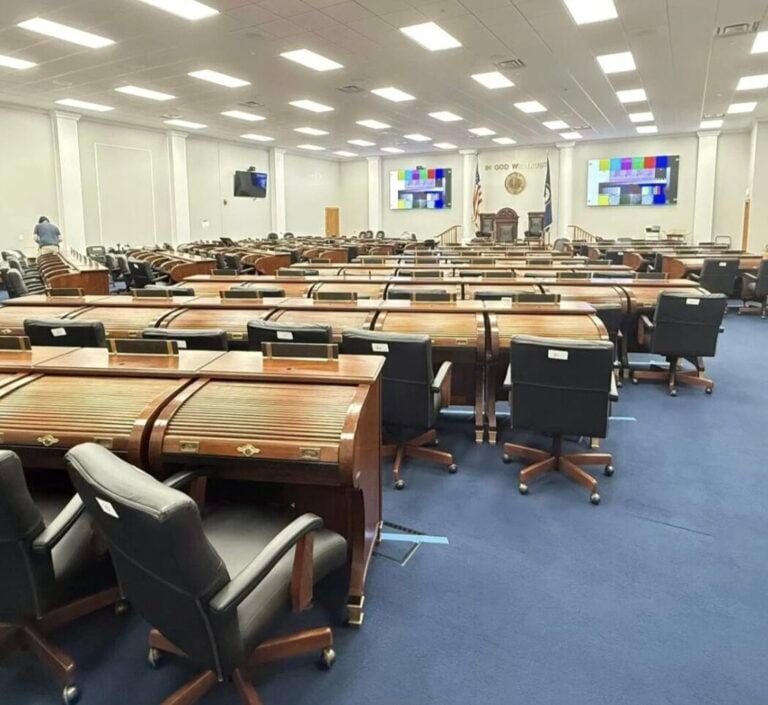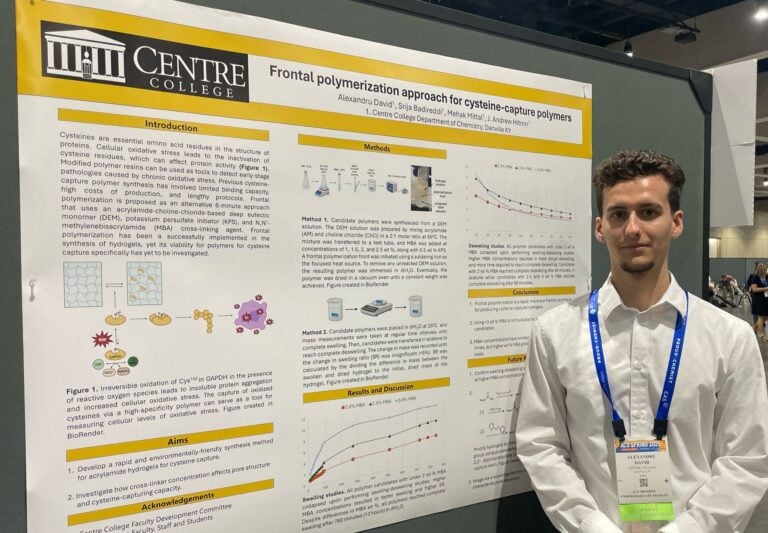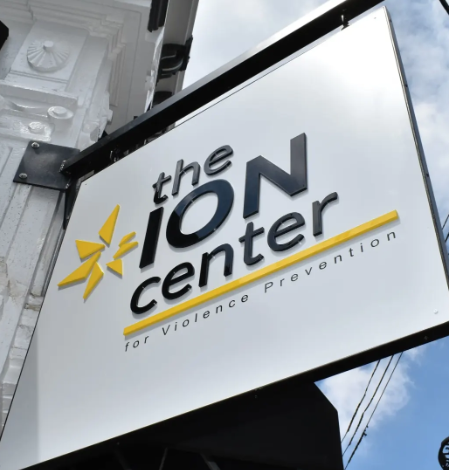A state lawmaker will propose legislation for the 2022 session recognizing 911 dispatchers as first responders and supply them help for instances of post-traumatic stress disorder.
Rep. Bill Wesley, R-Ravenna, said he will be sponsoring the Lifeliner’s Act, to help spread awareness of work-induced stress, recognize the symptoms of PTSD, and provide resources for telecommunicators for treatment.

“I am calling this bill ‘the Lifeliner’s Act’ because our dispatchers are sometimes the lifeline between our first responders and the life-and-death situations,” he said. “They are our lifeline in every situation. I am so thankful for the brave individuals that selflessly save others.”
Wesley says he respects 9-1-1 dispatchers for the work they do every day. “As a chaplain over six departments, I hear about the many issues they face. When we think of PTSD, we often assume that people who suffer from it all carry a badge or a gun. In this case, that isn’t true. Our dispatchers go from one traumatic situation to another, minute after minute, day after day. We must bring in the tools and resources they need to deal with PTSD in their annual training.”
Nearly 70 dispatchers and more than 250 officers participate in the Kentucky Post-Critical Incident Seminar, or KYCPIS. It’s a three-day seminar developed by the FBI and the South Carolina Law Enforcement Assistance Program. Mental health professionals lead the seminar in hopes of filling “a void in care for officers and dispatchers who currently are experiencing a lack of resources and support.”
KYPCIS data shows that sources of telecommunicator duty-related stress are mostly connected to a line of duty injury or death, infants or children, death of an adult, suicide, cumulative circumstances, officer-involved shootings, and fires.
According to KYPCIS statistics, day one of the seminar revealed that telecommunicator symptoms mostly relate to depression (13 percent), anxiety (25 percent), and PTSD (67 percent).
Statistics also show that PTSD symptomology scores after seminar participation dropped from 38.18 percent to 22.36 percent, proving that the training has a positive impact on our citizens who suffer from these mental health disorders.
Wesley says he has received countless letters of support from police deputies, fire chiefs, dispatchers, public safety directors, and both Kentucky 911 associations: the Kentucky Emergency Number Association, and Association of Public Safety Communication Officials.
Kentucky Today

















